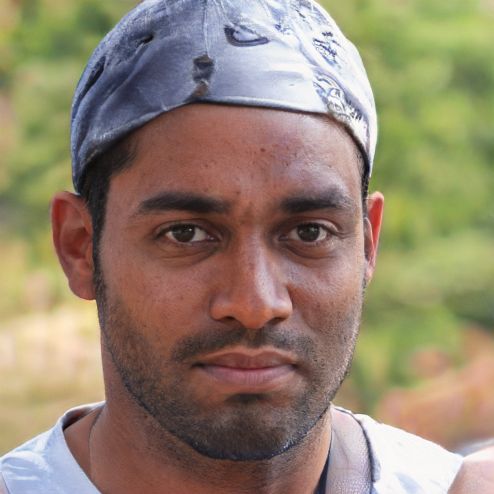What theory of dreaming proposes that dreaming involves?
Cognitive Theory of dreaming- Theory proposing that we can understand dreaming by applying the same cognitive concepts we use in studying the waking mind; rests on the idea that dreams are essentially subconscious cognitive processing involving information and memory.
Accordingly, why do we dream about someone?
When you dream about someone, it is usually a reflection of how you feel about them in your waking life. Your dream may be telling you to pay attention to that person in your waking life. Your subconscious may be trying to connect the dots on something and needs your conscious mind to help them figure it out. Keeping this in consideration, what is the dream theory? The self-organization theory of dreaming proposes that the sleeping brain is a self-organizing system that can combine discontinuous and incongruous neuronal signals (i.e., different elements of dreams) into a relatively continuous narrative during sleep (Kahn and Hobson, 1993; Kahn et al., 2000, 2002).
Subsequently, do dreams have meanings?
The theory states that dreams don't actually mean anything. Instead they're merely electrical brain impulses that pull random thoughts and imagery from our memories. The theory suggests that humans construct dream stories after they wake up. He believed that dreams revealed unconsciously repressed conflicts or wishes. One may also ask what does psychology say about dreams? It seems that people generally endorse the Freudian theory of dreams, and that is that dreams reveal hidden emotions and desires. Other theories are that dreams help us in problem solving, in memory formation, or that they occur simply due to random brain activation.
Are dreams just random thoughts?
According to the activation-synthesis theory, dreams are nothing more than a collection of random images and thoughts, projected during sleep as a result of normal brain activity. You create the story of your dream on your own, after waking up. Correspondingly, are dreams and wishes the same thing? Both dreams and wishes refer to our hopes and desires. Although many people assume them to be the same, there is a distinct difference between dream and wish. Dreams are things we want to accomplish or achieve in life, whereas wishes are our hopes and desires for things to happen.
Similar articles
- Which best fits the expectation fulfillment theory of dreaming?
Which best fits the expectation-fulfillment theory of dreaming? Emotional arousals that haven't been expressed during the day are discharged by dreaming. Data is transferred from short-term memory to long-term memory during sleep.
- What is the theory of metaphysics?
Metaphysics studies the fundamental nature of reality, the first principles of being, identity and change, space and time, causality, necessity, and possibility.
- What is the divine right theory?
In European history, the doctrine of the divine right of kings was used to argue that kings could not be held accountable for their actions by a parliament.
- What is the best dream theory?
The psychoanalytic theory of dream is the most valid and fundamental of all the theories of dream. Freud considered his theory of dream to be the best part of his work.
- What is Plato's theory of soulmates?
- What is the purpose of dreams according to unconscious wish fulfillment theory quizlet?
- What is the gray man theory?
 Deechristophermagic
Deechristophermagic
